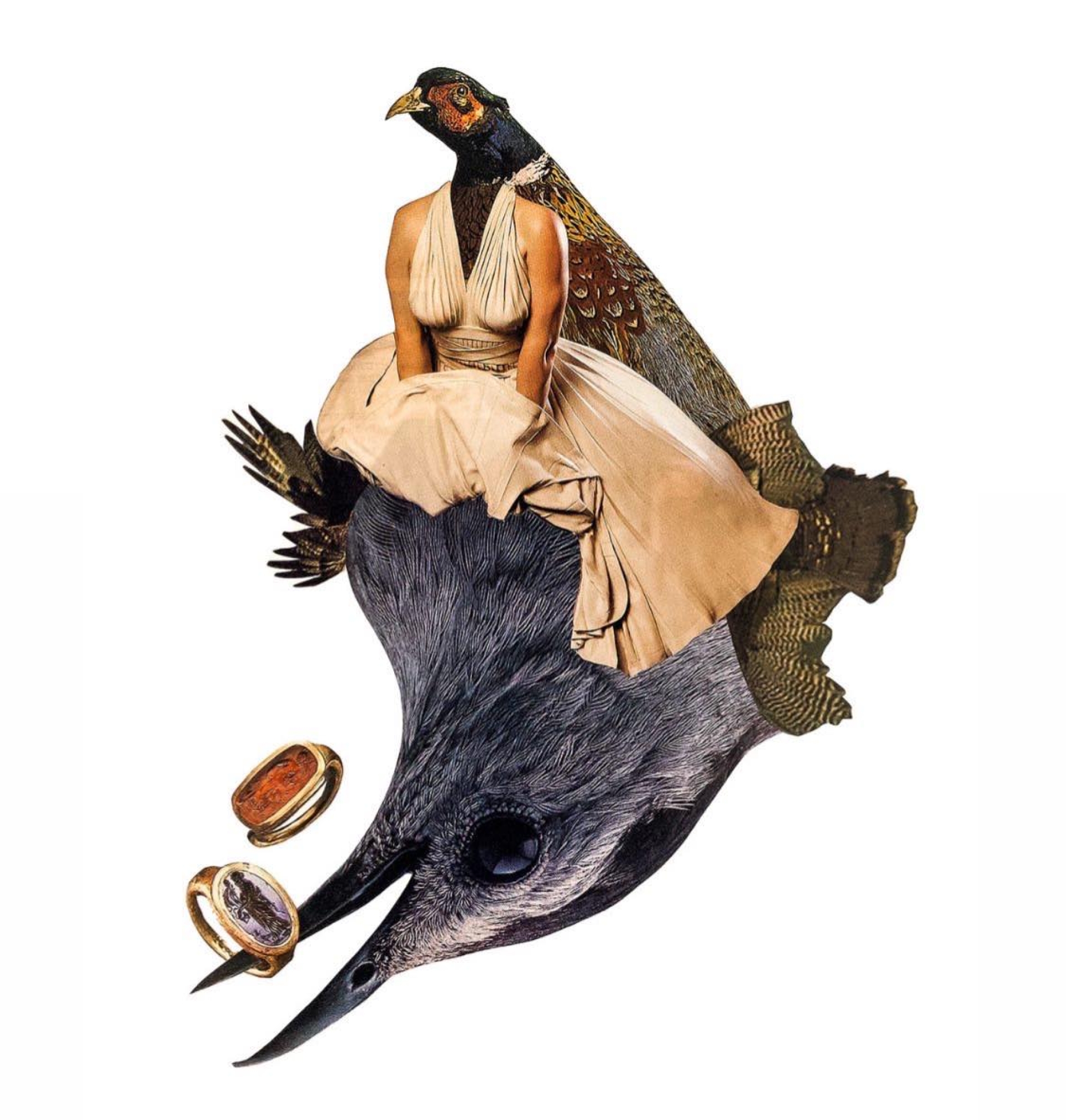The Monster Loves His Labyrinth: The Zen of Charles Simic
It seems like there’s always laughter in Charles Simic’s poems. Not in the line or action, subject or narration, but there’s almost always the sense, no matter the darkness of the actual text, that he knew someone was laughing somewhere. Simic was always sharing the joke of the impossible world.
In his notebook of aphorisms, The Monster Loves His Labyrinth, Simic continues to circle around a definitive definition of poetry, at one point finding poetry as a scene from a Buster Keaton short: “… That’s what great poetry is. A superb serenity in the face of chaos. Wise enough to play the fool.”
For Simic, Buster Keaton was as inspirational as Heidegger. We are thrown into being, standing still as the house falls perfectly around us. Simic’s notebook is filled with musings and explanations of poetry, working out the impossible paradoxes in his mind, much like Zen Buddhism and psychoanalysis, where definitions are always to be reconsidered.
Simic wrote:
“The poem is an attempt at self-recovery, self-recognition, self-remembering, the marvel of being again… A poem is a piece of the unutterable whole.”
But he also wrote:
“If I make everything at the same time a joke and a serious matter, it’s because I honor the eternal conflict between life and art, the absolute and the relative, the brain and the belly, etc…. No philosophy is good enough to overcome a toothache.”
There is more than a touch of Zen Buddhism in Simic’s acceptance of paradoxes, of the impossibility of solely occupying one space in life, that none of this is what it looks like, while also, whether we like it or not, the world is exactly what it looks like.

